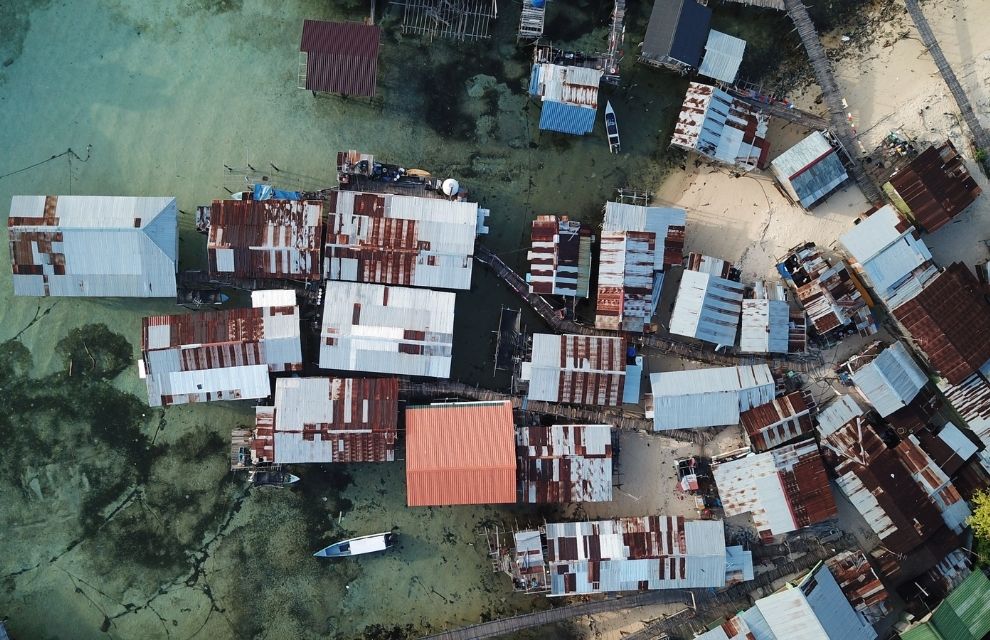Fintech firm Arbol’s blockchain-powered platform transacted US$70 million in gross premium in 2021, compared to $2.2 million in 2020. Arbol administers global climate risk solutions for companies in the agriculture, energy and maritime sectors. Last August, Arbol launched its Captive+Parametric solution at the annual Vermont Captive Insurance Association conference to enable companies to take immediate action in climate change risk management by transferring climate risks into captives through a parametric structure. The firm’s platform leverages its decentralised climate data network, dClimate, as well as blockchain technology and artificial intelligence underwriting to create parametric insurance products and Software-as-a-Service services. Arbol’s underwriting agent was launched last November to pair reinsurance capacity with parametric insurance risks. The parametric products are deployed as Ethereum smart contracts based on a client’s triggers, locations and aggregate amounts. The smart contracts automatically trigger according to real-world data from the dClimate network. Arbol also notes that its clientbase grew in 2021 to include new industries across North America, Europe and Australia. The majority of new business was aggregated or directly transacted from smaller businesses who could not address climate risk in the traditional insurance market. More than 50 per cent of Arbol’s clients in 2021 entered into climate risk transactions for the first time in an attempt to reduce the impact on their revenues and supply chains. “This demonstrates not only the urgent need for transparent, blockchain-enabled climate risk solutions, but just how many businesses and regions today are underserved by the traditional insurance industry,” notes Sid Jha, founder and CEO of Arbol. He adds: “We created Arbol to make it easy and efficient for businesses of any size or location to build climate resilience leveraging data and blockchain technology. “In addition to being able to offer weather-related, financial products to smallholder farmers in underinsured regions, we are rapidly making parametric climate risk products more accessible, transparent, and user-friendly for historically underserved stakeholders.”


